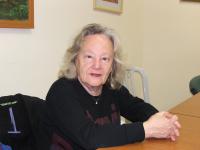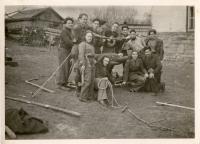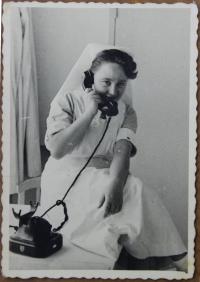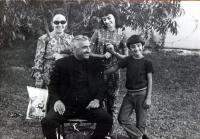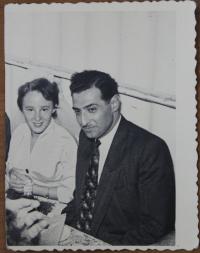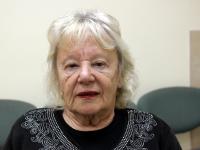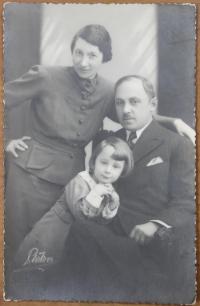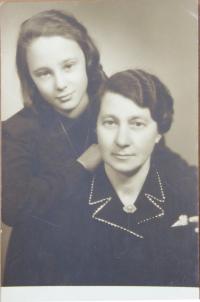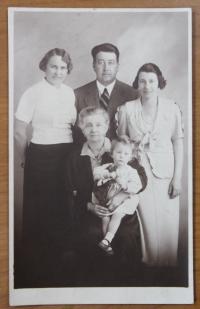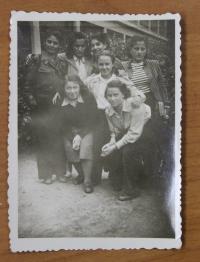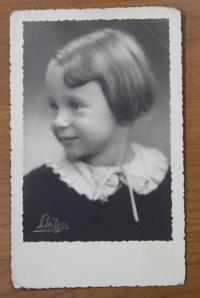In my school I was the only one to have returned from a concentration camp. Nobody cared
Ruth Aviram was born in 1932 as Rita Vogel into a family of a tradesman in Opava. After the occupation of the Sudetenland her family was driven away, and they settled with their relatives in Prostějov. In 1942 they were taken by a transport to Terezín. She spent three years in the ghetto, her mother survived the war, but her father and the members of her broader family died in Nazi concentration camps. Thirteen-year-old Rita did not feel well in the post-war Czechoslovakia, where none of her relatives were living anymore. This was one of the main reasons for her changing the name Rita Vogel into Ruth Aviram. She was preparing for her immigration to Palestine with the Zionist youth movement in Slovakia. In 1949 she emigrated to Israel and her mother followed her ten years later. Ruth studied nursing and then she worked as a nurse in Nazareth and Afula. For more than 20 years she has been living in Haifa.

